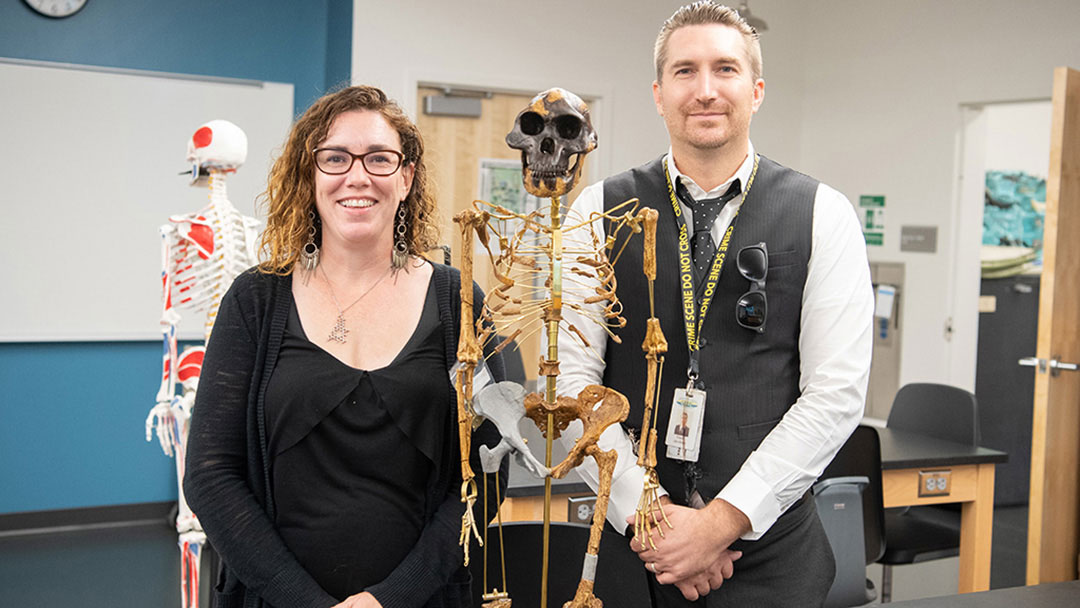Social & Behavioral Sciences & Distance Education
Danny Johnson, Temporary Interim Dean
For more information contact:
Jason Ward, Division Area Coordinator
714-895-8948

The Associate in Arts in Anthropology for Transfer Degree focuses on a critical and holistic analysis of humankind, their many cultural adaptations both globally and throughout time, and the vast diversity that humankind exhibits, both past and present. Students in the Associate in Arts in Anthropology Transfer Degree will gain a basic, though in-depth understanding of the various fields and sub-fields of anthropology, as well as the theoretical underpinnings and methodological approaches of this multidisciplinary subject. They will also gain a greater understanding of what it means to be human; the scientific origin of humans as a species; the role of culture in human evolution; and the importance of tolerance among sociocultural variation. Students will gain an appreciation of the diversity contained and exhibited by humankind on a global and historical scale. Students will engage in courses such as Cultural Anthropology; Physical Anthropology; Archaeology; Linguistics; Magic, Witchcraft, and Religion; and Native Peoples of North America; among others. After earning the Associate in Arts in Anthropology for Transfer Degree, students will be prepared to continue on for a baccalaureate degree in Anthropology at a CSU.
